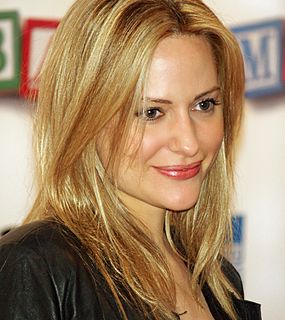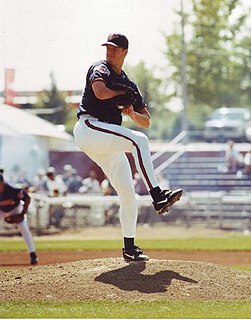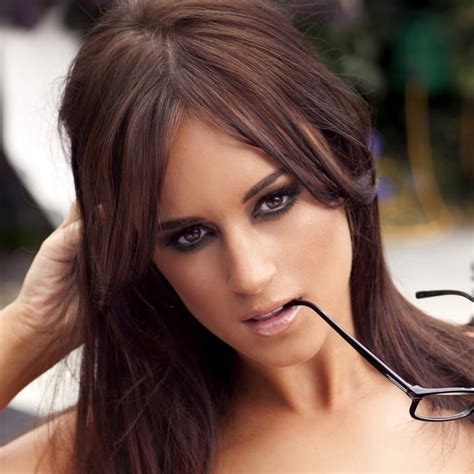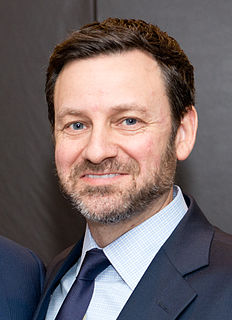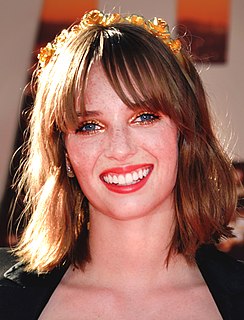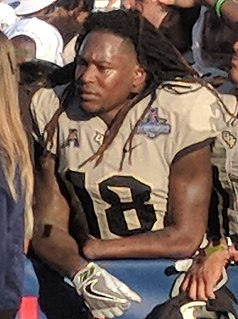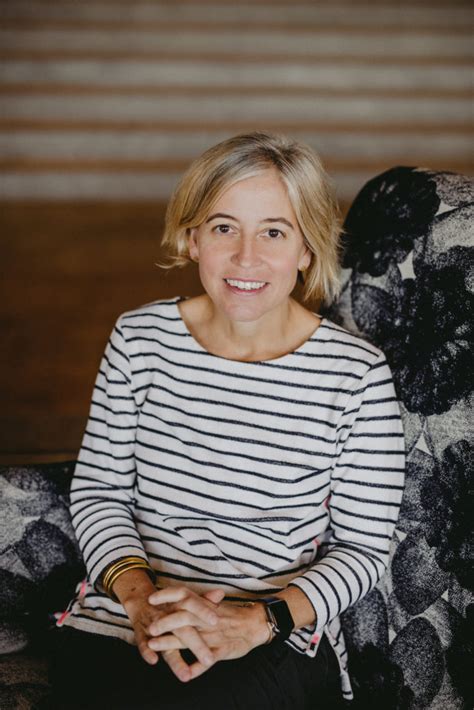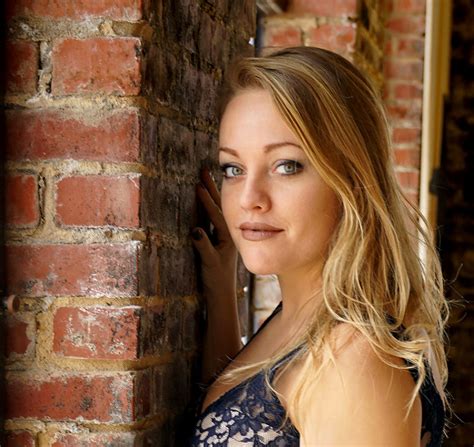A Quote by Aimee Mullins
I think that everyone has something about themselves that they feel is their weakness... their 'disability.' And I'm certain we all have one, because I think of a disability as being anything which undermines our belief and confidence in our own abilities.
Related Quotes
A savant, by definition, is somebody who has a disability and, along with that disability, has some remarkable ability. Prodigies and geniuses have the remarkable abilities that the savant shows, but they do not have a disability. So, by definition, a savant includes someone with a disability, and a prodigy or genius are people who have these remarkable skills but they do not have a disability.
There are millions of people out there ignoring disabilities and accomplishing incredible feats. I learned you can learn to do things differently, but do them just as well. I've learned that it's not the disability that defines you, it's how you deal with the challenges the disability presents you with. And I've learned that we have an obligation to the abilities we DO have, not the disability.
There are some cases that have come to my attention where there's been a head injury, or getting struck by lightning and surviving, with really no disability or residual. So there are cases that I'm aware of where there's been some incident which triggered the acquired savant ability, but is not associated with long term disability, so that can occur. But I think that's probably the exception rather than the rule in that I think many of the acquired savants do end up with some residual disability.
There are things that I really find important, and that we need to remind ourselves of. When you think about disability, do you really think about it? Someone who's a full-time trainer or a boxer, someone who's got a major disability, but who doesn't let that get in his way, that's a really good message for someone who is able-bodied. It can make them think, 'Wow, I suppose I could be doing better for myself.'
The difference between deafness and any other disability is that there is no way to put yourself in a position of knowing what it would be like because you can't stop yourself from hearing your own breath or your own heartbeat. You can not remove sound entirely from your life. You can get a sense of what being blind is like by closing and covering your eyes which provides a source of empathy because we can all project ourselves to that. But people who think they can project themselves into deafness are mistaken because you can't.
When I met my first savant in 1962, I was impressed by the abilities in these youngsters who had severe disabilities. They appeared to me to be islands of genius in the sea of disability. So I've maintained that word picture since that time, of these islands of genius that are so striking and so jarring when you see them, especially in people who have severe disability.
I think we all have something in our life's experience that makes us feel different. It's whether we have a gay parent or we have an alcoholic mother or maybe we don't know our father. And it's something that we feel bad about initially because we think we're abnormal. What's abnormal is our assumption that there's something called 'normal.'
I think our brains does have a tendency to be true to its own ideas and statements. Everything we do and everything we think about is a belief. Until we get to the point where we look beyond our own ego-self, and to some degree beyond our own mind, we are always going to make assumptions and have beliefs to make our brains feel more comfortable. And if we can get to a point where we embrace that uncertainty and doubt, and be willing to learn from that and to explore that, I think that that could be a very positive experience.
